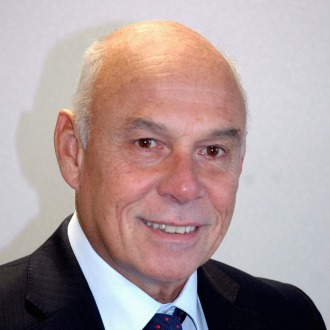We have been listening to our practices and morale has been incredibly low – recruitment and retention are a nightmare. There are lots of high-quality practices that are not getting any responses to adverts for replacements – whether for partners or salaried GPs – and some 60% of GP registrars training in Somerset leave. Primary care is not sustainable in its current form.
Having talked to GPs and the LMC, we agreed with the local area team practices would switch off QOF reporting for the rest of this year. For the first three months this is to give practices “head space” to think about what changes we can make in primary care to make it fit the modern world and hit the agendas around long-term conditions, access and acute care, tackle some variation and deal with telehealth and personalised care planning.
Each practice will have the choice to opt for the new national arrangements from April, or sign up to the local plan. I don’t think we need all practices engaged, if a few are not we could still go ahead with it, provided the majority want to. But we would need a significant number – otherwise you would not be able to prove the value of this.
We will need to develop some quality metrics to demonstrate improvements in key areas, which will have to be agreed with practices and the area team, but those will not involve anything like the complexity of QOF. Otherwise it will involve implementation of services that may well be provided at locality rather than practice level.
This is a bottom up approach and ideas that receive practice support may include management of complex patients in nursing and residential homes, perhaps in coordination with secondary care colleagues and certainly with community care. And the possibility of having rapid response teams in primary care, so that if a paramedic is about to admit a patient, we can guarantee to have a clinician there to assess within 20 minutes – which we would hope will deliver reductions in urgent admissions.
Placing GPs within the ambulance service to do some of that assessment is another possibility. We have done some pilots with a GP who is a rapid-reponse, urgent care specialist, doing assessments on 999 calls – he saw several patients who would otherwise be scooped up and admitted who he treated and enabled to stay at home.
QOF should not be the only funding going forward. We have a primary care collaboration fund from April and there is the possibility of shifting other money out of secondary care into community and primary care services.
Related articles
Q&A: Why have GPs been allowed to ditch the QOF?
NHS England backs QOF suspension as an ‘innovative’ way of commissioning GPs
So there are a lot more opportunities for practices to get engaged in the acute agenda and the preventative and long-term conditions work than they have previously had – and the funding to follow it.
QOF has definitely improved the quality of care. In Somerset we have largely high-quality care and the comparative data on the practice quality dashboard demonstrates that. And there is clearly some anxiety that if you switch off QOF it will all go backwards. But from our point of view it has become embedded in good clinical care and GPs are not going to stop doing the good quality care, the hope is this will give them more room to do more of the preventative and acute response work.
In terms of the concerns we have been getting back about diminishing the national negotiating position – we are really not trying to undermine that. We are trying to support ongoing negotiations because the pressure on primary care is immense.
We are trying to innovate and find new ways of working that make primary care a happier and more rewarding place to work and that should inform the next round of negotiations – we’re certainly not trying to undermine them. Right throughout the scheme we’ve been clear practices can revert to the national arrangements.
Hopefully the GPC will be able to pick up on the good bits of this and use that in their negotiations and gain the support of practices. I feel the GPC should support innovation in pilots like this that are aimed at making primary care a better place to work whilst delivering better care and use them as exemplars for the next round of negotiations. Our LMC has predicted there will be considerable concerns at the centre over the collective bargaining but we’re fairly confident we can sort that out in our agreements with the area team with the support of NHS England.
Dr David Rooke is chair of NHS Somerset CCG

















